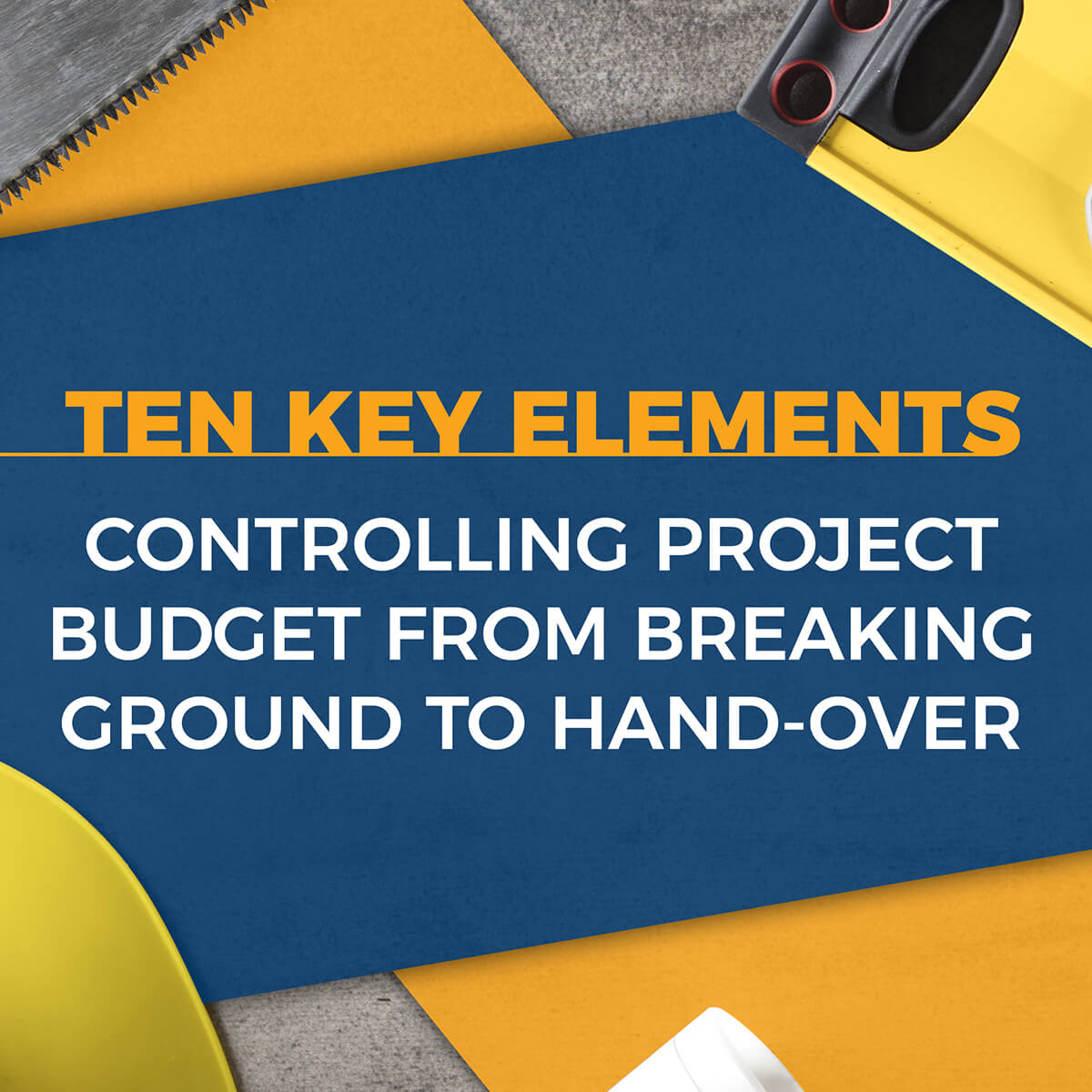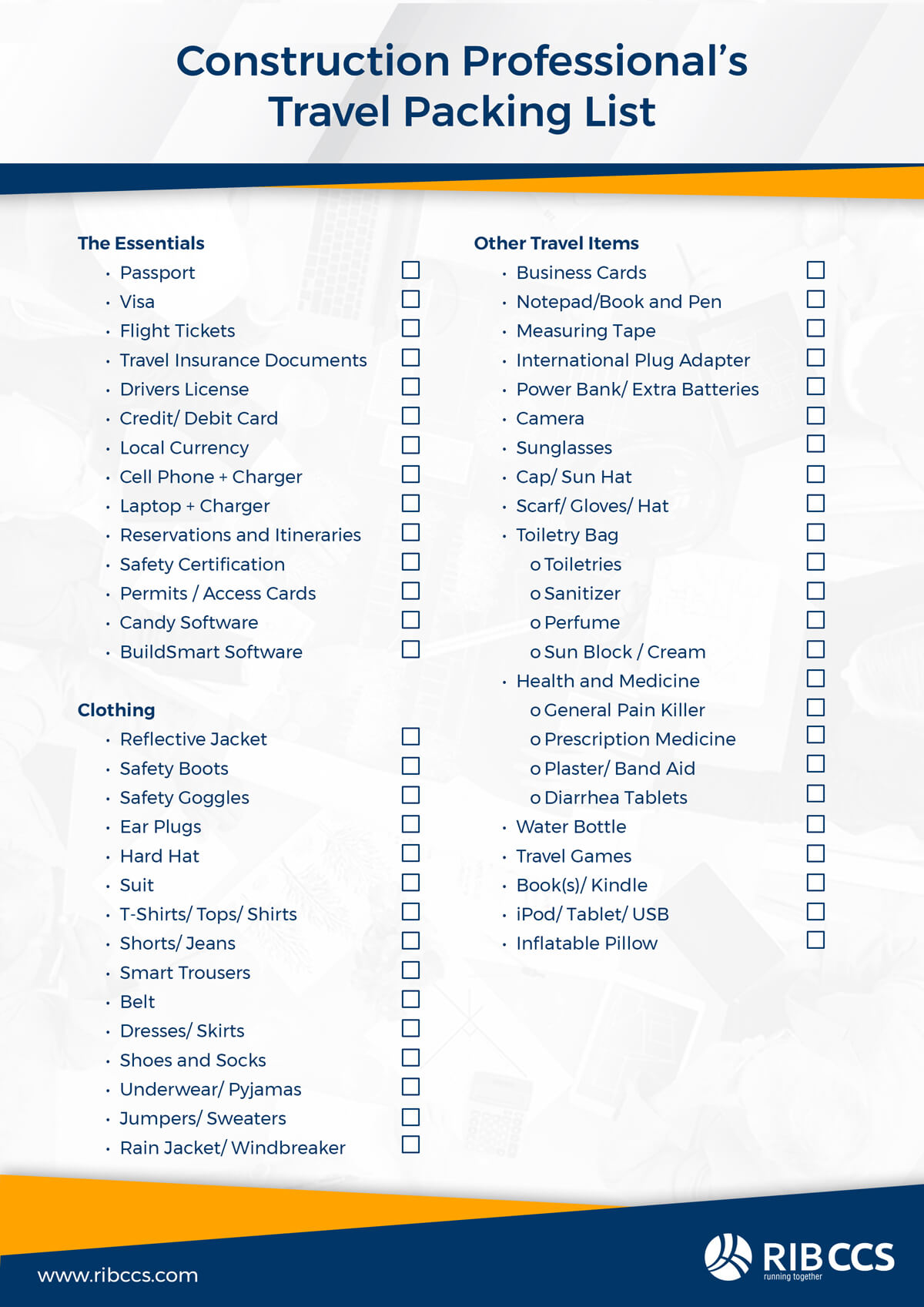A Quick Guide to Construction Reporting

Construction reporting is necessary to keep projects on track and on budget. Reports provide a reference point for contractors. Moreover, they make sure that all information about a project is up-to-date and accurate.
A construction project can be a very complex undertaking. It involves many different trades, disciplines, and processes. Construction reporting is a vital step to keep all of this working together smoothly to enhance productivity. Reports help contractors understand their progress and how the project is unfolding.
Follow this quick guide for everything you need to know about construction reporting and why it’s so important.
What is Construction Reporting?
Construction reports are documents that summarise information about the status of a project. They include details such as the different stages of the project, important events, and the processes involved in the project.
To make sure that everything runs smoothly during a construction project, you need to keep track of what’s happening at every stage. This includes keeping accurate records of who did what, when they did it, and how much it cost. That way, you have a record of everything that happened during the construction phase.
You also need to document any approved changes made to plans and specifications. This ensures that everyone involved knows exactly what was agreed upon before starting work.
There are various options available for construction reporting, but the basic idea is that reports form a regular record of progress on site.
Types of Construction Reports
Different types of construction reports exist to cover the different activities and processes involved in each project. Here are some of the main categories of construction reports.
1. Progress Reports
Progress reporting summarises the development and current status of a project. This is usually done at regular intervals to help contractors understand exactly where they are according to the schedule.
Progress reports usually cover the following items:
- Materials ordered
- Equipment delivered
- Scheduled labour hours
- Completed labour hours
- Estimated costs
- Actual costs
- Payments received
- Payments due
- Status of submittals
- Status of final inspections
- Any other important information related to the progress schedule
2. Cost Reports
A cost report provides detailed financial data about a project. It includes information about the materials used, labour hours spent, and any other expenses incurred. Cost reports are important in comparing allowable budget with actual expenditure. It is essential to carefully monitor cost reports alongside estimates and budgets to ensure the project stays on track.
3. Materials Reports
A materials report summarises the quantity and quality of materials used during a project. This may include information about the types of materials used, their prices, and their sources.
Materials reports help keep track of the actual materials used in comparison to the quantity take-off and estimation. Their aim is to minimize waste and overspending. They also ensure that projects do not incur a situation where there is a lack of materials, which would cause delays.
4. Market Trend Reports
A trend report summarises recent trends in the industry. For example, it might show which materials are most popular among contractors today.
Trend reports are useful because they help you identify new products and technologies that could benefit your projects.
Why is Construction Reporting Important?
It’s always important to understand what’s going on with your project from beginning to end. If you don’t have an up-to-date record of all the events that occurred during the construction phase, you won’t be able to substantiate why, and how, things deviated from the original plan when it does.
In addition, you can’t accurately predict future cost implications or determine whether you require budget adjustments.
Construction reporting makes sure that workers are aware of every job that needs to be done, and what the status of these jobs is. Without construction reporting, contractors run the risk of running the project over schedule or over budget.
Construction reporting also makes sure that no questions are left unanswered. Reports prove that each task was done, they show when and how they were done, and they leave a clear trail of what happened during a project.
Conclusion
Construction reporting is essential for overcoming and avoiding challenges on site. It’s one of the most important duties on a construction site. As such, it's important to optimise this process as much as possible for complete accuracy.
By using the right digital tool, like Connect, contractors can create faster and more informed construction reports using accurate data. Without getting this right, construction projects can easily veer off course, produce delays, and run over budget.
Most Recent
Ready To Take Your Business To The Next Level?
Let's talkDownload our free Ebook

- The new normal of construction is digital
- MTWO Complete Construction Cloud
- One unified platform for project and enterprise digital management
- How to implement the Complete Construction Cloud
Download our free Ebook

- Putting connectivity and scalability in the center of a long-term digital strategy.
- Adding sustainability to the digital agenda.
- Adopting integrated platform instead of disconnected point solutions.
Download our free Ebook

- The Inherent Flaws of Generic ERP
- Build Better with BuildSmart
- BuildSmart Highlights
- The Way Forward
Download our free Ebook
.jpg) Your business will benefit from:
Your business will benefit from:
- Huge time savings in BOQ pricing
- Better Project Planning
- Increase your ROI on all projects
- Detailed bid analysis
- Powerful reporting capabilities
Download our free Ebook
.png)
- What are these 5 pillars?
- Why are they essential to your change management plan?
Download our free Ebook

- Our tips for positioning to win construction contracts against the backdrop of a hungry and competitive construction industry.
Download our free Ebook

- How Technology addresses the challenges of the Construction Industry
- ‘One source of truth’ as a principle at use in the industry today that provides a totally integrated view of costs, offering a direct impact on outcomes.
- Man, Machine and Money – meaningful links in your construction company
Download our free Ebook

- Learn how to retrieve data that drives control
- Control budgets across projects
- Increase your ROI on all projects
DOWNLOAD OUR FREE TRAVEL PACKING LIST
 Don’t know what to pack for your
Don’t know what to pack for your next business trip?
We’ve got you covered!
Get It Now




